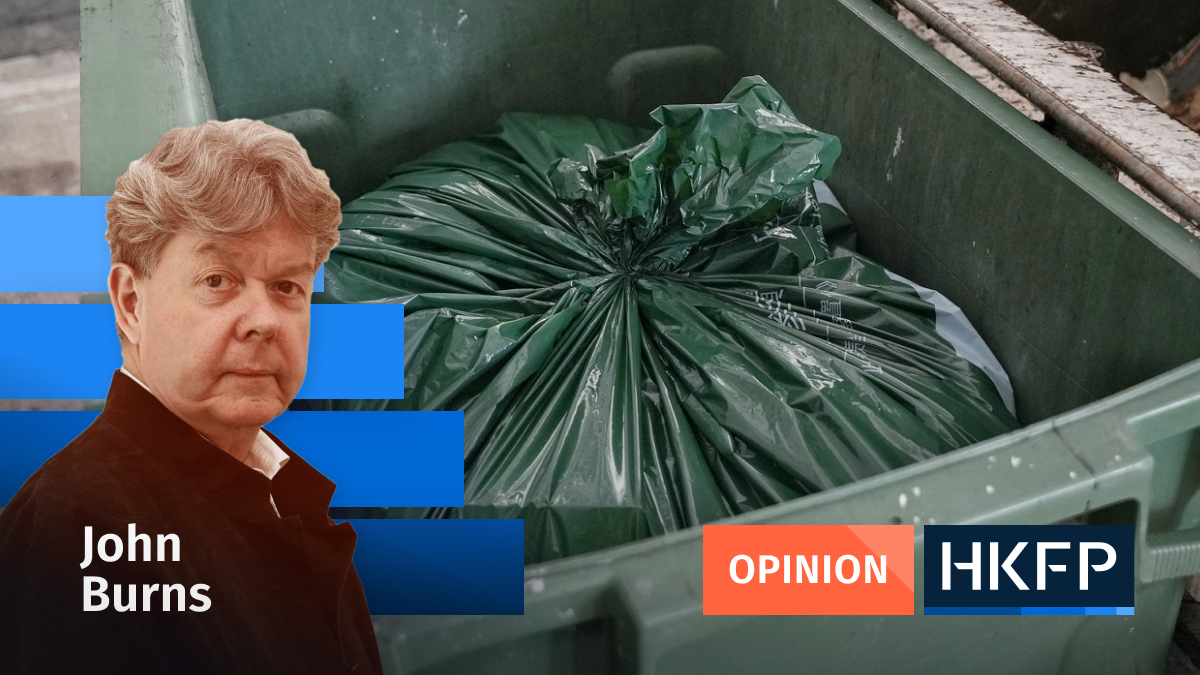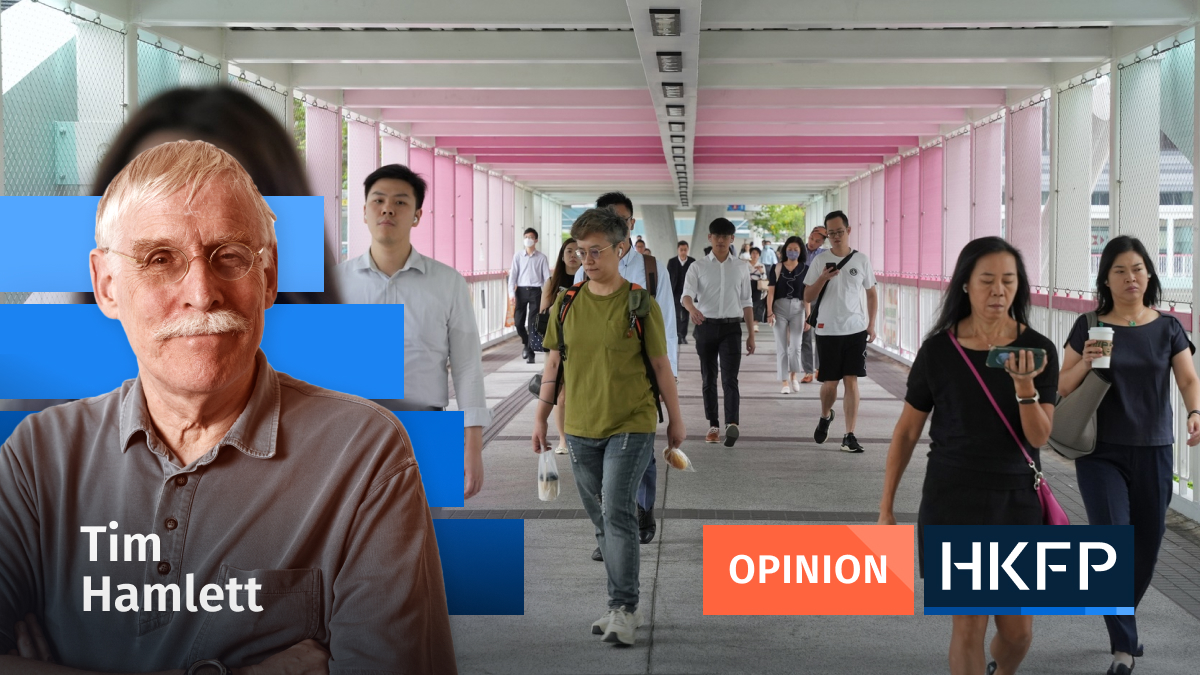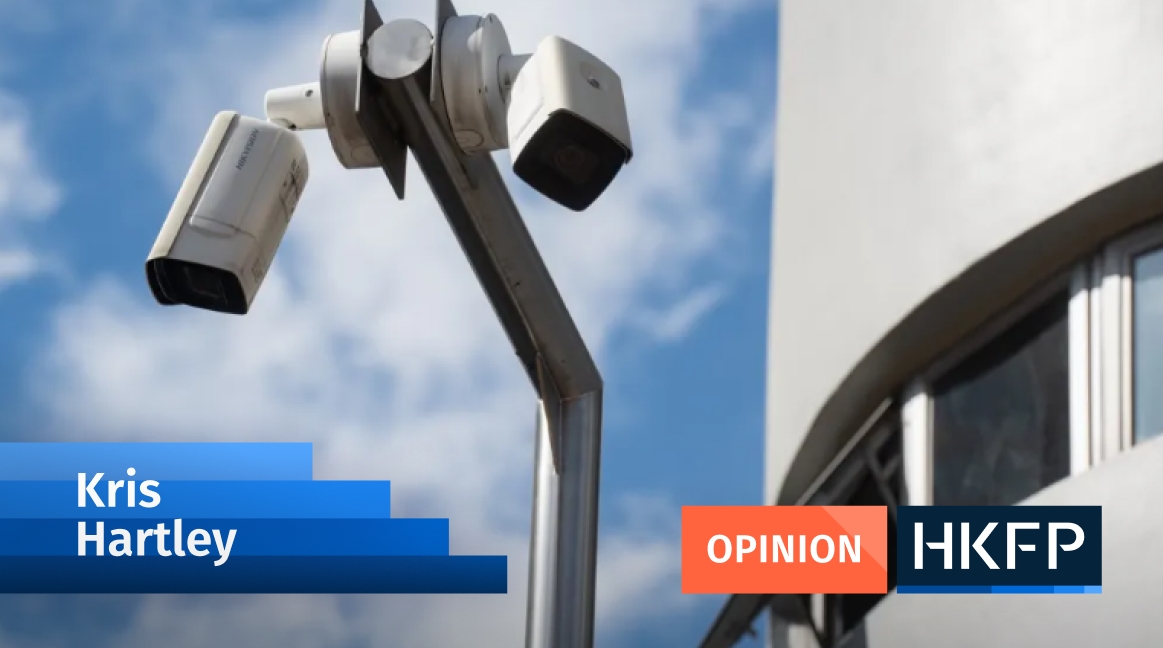The Standing Committee of China’s National People’s Congress (NPCSC) last December 27 accepted a request for interpretation from John Lee, Hong Kong’s Chief Executive and Chairman of the Committee for Safeguarding National Security, in accordance with Article 65 on the original legislative intent and purpose of the National Security Law.
See also: Beijing’s ruling a blow to Hong Kong’s legal system
This concerned whether foreign solicitors or barristers who have not obtained local qualifications are allowed to take part in criminal cases in any capacity in Hong Kong. The issue was triggered by Jimmy Lai, founder of Apple Daily, attempting to hire a foreign barrister to defend himself against charges of collusion with foreign forces.
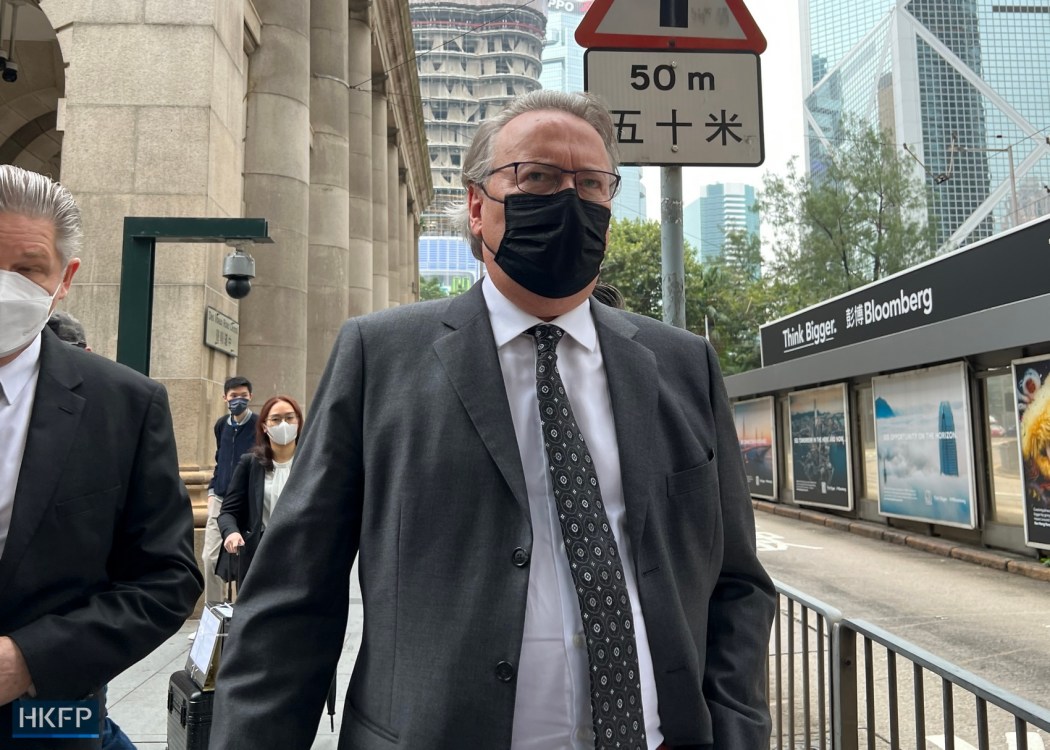
Initially, in October of last year, a Hong Kong Court of First Instance judge granted Timothy Owen, a British King’s Counsel barrister specialising in criminal and human rights law, permission to defend Lai, the 74-year-old pro-democracy publisher, in the case involving violations of the National Security Law.
The Secretary of Justice persisted in his objections, but the Court of Final Appeal refused leave to appeal against the lower court’s decision. Lai is currently in Stanley Prison. If found guilty, he could face a life sentence.
In response to the request for interpretation and clarification of Articles 14 and 47 of the National Security Law, the NPCSC on December 30 voted to approve the interpretation two and a half years after the law’s implementation, putting an end to the controversy.
The interpretation clarified that the courts need approval from the Chief Executive, or the Committee for Safeguarding National Security, to allow foreign lawyers to take part in national security cases.
It is significant to mention that the interpretation by the NPCSC is not limited to the request’s content. It also has unrestricted authority to interpret what it deems necessary in accordance with the constitution and the National Security Law. It is evident that interpretation is not to be confused with modification.

The NPCSC’s power of interpretation is the fundamental provision for the effective implementation of the National Security Law during the legislative stage.
In his July 1, 2022 speech, President Xi Jinping emphasised that safeguarding national sovereignty, security, and development interests is the highest principle of One Country, Two Systems, and I cannot overstate the importance and prominence of a comprehensive and accurate interpretation of the National Security Law.
When the law was first enacted, it reflected reality by allowing the vast majority of cases to be handled by Hong Kong courts, with only a limited minority of cases handled by the city’s Office for Safeguarding National Security under the circumstances specified in Article 55.
As a result, it is crucial that Hong Kong courts with jurisdiction develop a comprehensive and accurate interpretation of the security law.
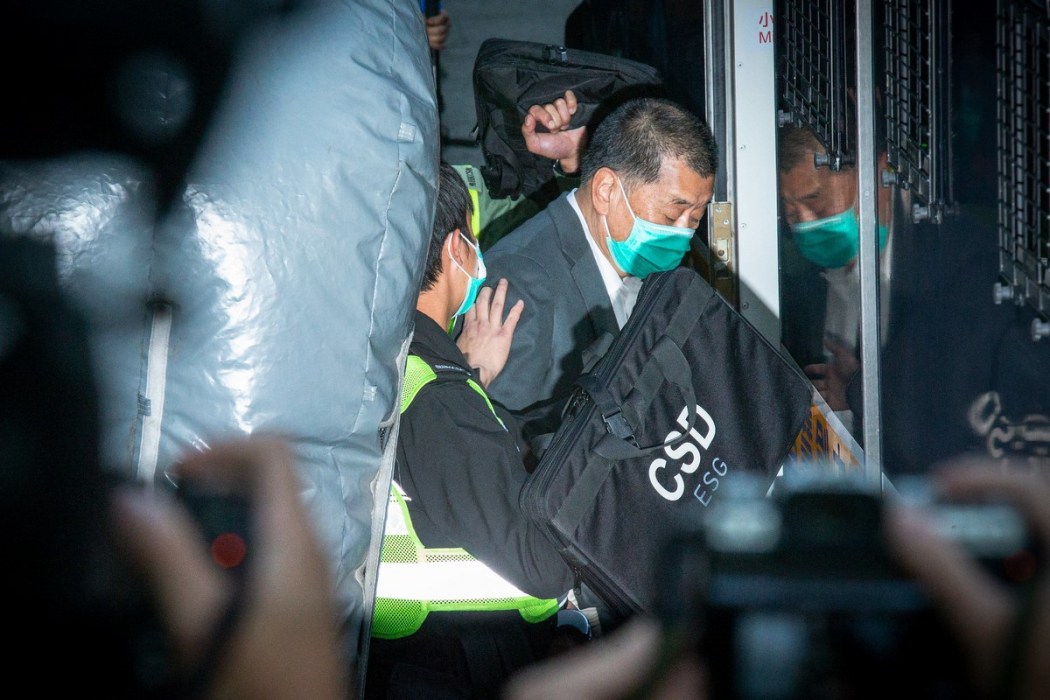
During Lai’s initial proceedings, it was never explicitly addressed whether allowing overseas lawyers to take part in the proceedings would violate the security law’s legislative intent.
Under a code of conduct, lawyers must keep professional secrets. And Article 63 of the security law states that “lawyers acting as defenders or agents ad litem shall keep state secrets, commercial secrets, and personal privacy that they learn of in their practice activities.” Yet there’s no guarantee that foreign lawyers won’t be privy to state secrets during Lai’s trial.
Furthermore, Article 47 of the law expressly states that “during the hearing of a case, when there is a question involving the determination of whether the relevant conduct involves national security or whether the relevant evidence involves state secrets, the Chief Executive shall decide by means of a certificate and shall be binding on the court.”
As a result, if a foreign legal team was exposed to state secrets while investigating the case, there is a risk that the Chief Executive’s certificate will not be issued in time to prevent such secrets from being divulged.
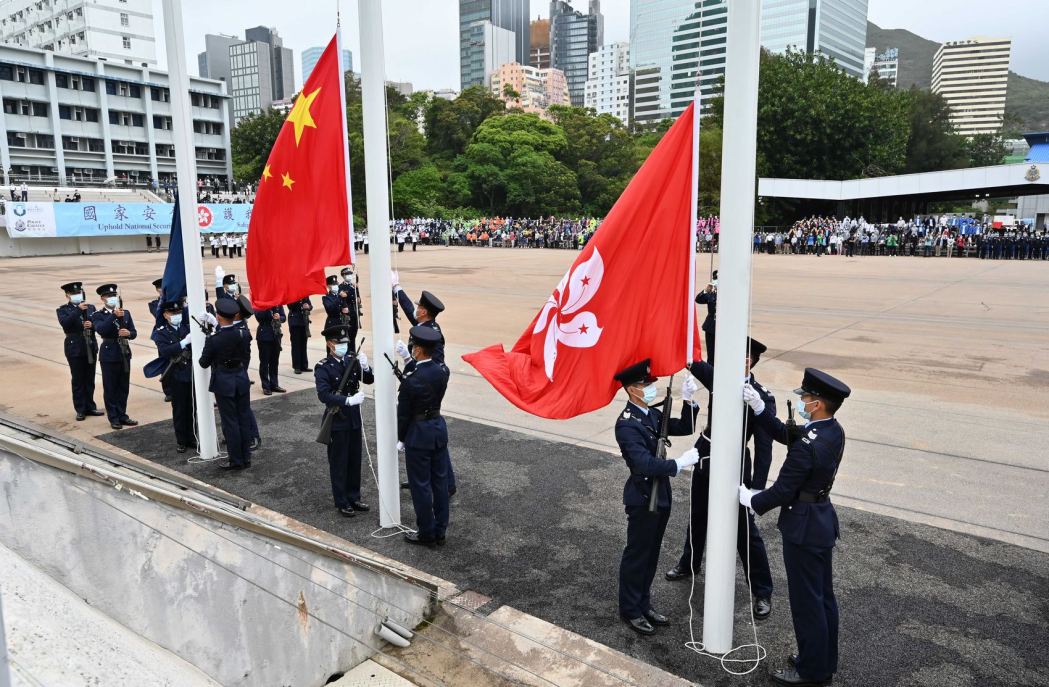
Subsequently, one of the duties of the city’s Committee for Safeguarding National Security is to “promote the development of the legal system and enforcement mechanisms for safeguarding national security in Hong Kong,” according to Article 14.
It is the committee’s responsibility to continuously examine whether there are inconsistencies or potential risks in the legal system and enforcement mechanisms for safeguarding national security, resulting in imperfect enforcement mechanisms.
The fundamental question to consider is whether the court’s approval of the participation of foreign lawyers or barristers in the prosecution of offences affecting national security will have an impact on the effectiveness of the enforcement system in protecting national security.
Will this obstruct the proper implementation of the security law, undermining its original objectives and mission? In my opinion, the legitimacy, necessity, and timeliness of the NPC Standing Committee’s legal interpretation will ensure unequivocal answers to the aforementioned questions.
The highest principle of One Country, Two Systems is to safeguard national sovereignty, security, and development interests in any scenario. The security law expressly states that “the Central Government bears fundamental responsibility for national security affairs related to the Hong Kong Special Administrative Region.”
At this critical juncture, interpreting the law to clarify the original intent and purpose of ensuring a sound and effective legal system and enforcement mechanism for safeguarding national security is entirely justified, necessary, and timely.
Support HKFP | Policies & Ethics | Error/typo? | Contact Us | Newsletter | Transparency & Annual Report | Apps
| HKFP is an impartial platform & does not necessarily share the views of opinion writers or advertisers. HKFP presents a diversity of views & regularly invites figures across the political spectrum to write for us. Press freedom is guaranteed under the Basic Law, security law, Bill of Rights and Chinese constitution. Opinion pieces aim to point out errors or defects in the government, law or policies, or aim to suggest ideas or alterations via legal means without an intention of hatred, discontent or hostility against the authorities or other communities. |
Help safeguard press freedom & keep HKFP free for all readers by supporting our team

More HKFP OPINION:
HKFP has an impartial stance, transparent funding, and balanced coverage guided by an Ethics Code and Corrections Policy.
Support press freedom & help us surpass 1,000 monthly Patrons: 100% independent, governed by an ethics code & not-for-profit.




